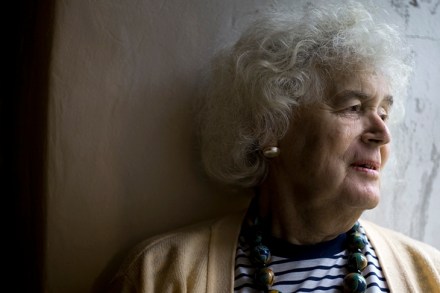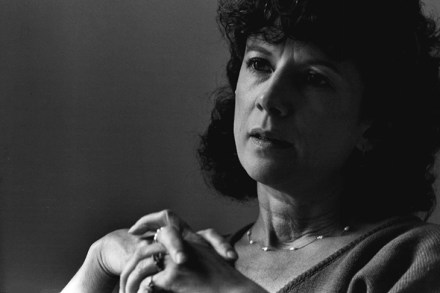Jan Morris, at 93, meditates on what it means to be old
‘I’m getting rather tired of me,’ begins Jan Morris in one of the diary entries in Thinking Again, almost certainly the writer and journalist’s last book. She is only half kidding. This collection of essays and whimsical daily musings — a sequel to 2018’s In My Mind’s Eye — is both a deep dive into the charming and erudite mind of Morris, now 93, and also a moving meditation on just what it means to be old. Morris was launched to fame in 1953 when, as James Morris, she was the first journalist to report on Edmund Hillary and Tenzing Norgay reaching the summit of Mount Everest. She experienced a







